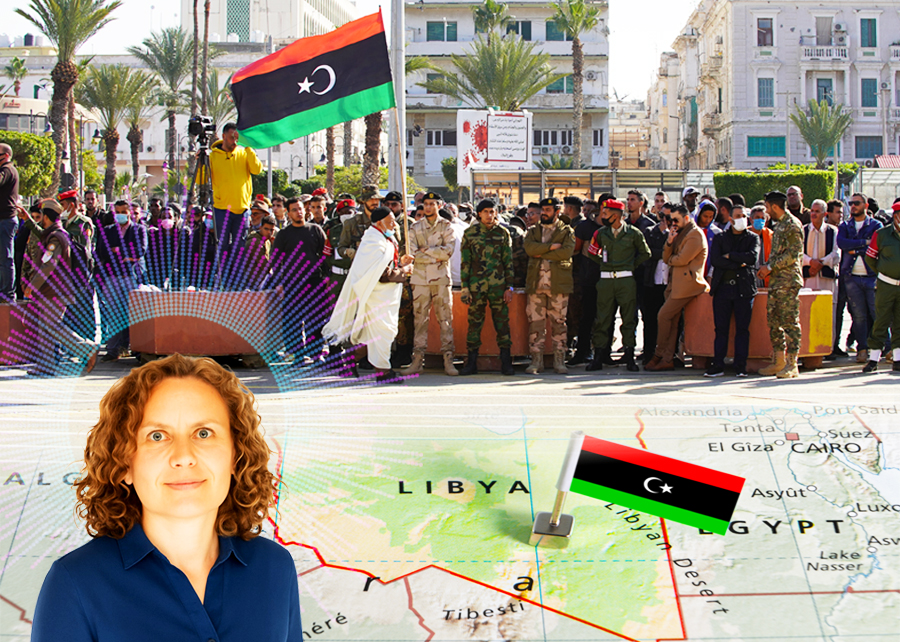Al-Attiyah Foundation Podcast Delves into Libya’s Youth-Led Path to Peace and Economic Renewal
30 July 2025In a new episode of the Al-Attiyah Foundation podcast, political scientist Virginie Collombier sheds light on one of the most overlooked developments in post-conflict Libya: the slow but steady emergence of grassroots-driven reconciliation and economic dialogue, guided not by political elites, but by young Libyans themselves.
Speaking about her work as Scientific Coordinator of the LUISS Mediterranean Platform, Collombier described how years of partnership with local actors—including the Peacemakers Libya network—have helped build a bottom-up infrastructure for dialogue in one of the region’s most fragile environments. “It’s slow, long-term work,” she admits, “but absolutely essential if any political settlement is to hold.”
Since 2014, Collombier and her team have worked to bridge the gap between international mediation efforts and the lived realities of Libyans across regional, generational, and political divides. At the heart of this effort is a “local social contract” process—grassroots dialogue that led to a collectively drafted vision for Libya’s future, later recognised by the United Nations. Collombier is clear that peace cannot be built solely through elite negotiations. “What we’re doing is trying to support a real national conversation about identity, governance, and economic direction,” she says.
One of the most promising aspects of this work is the inclusion of young people. Through initiatives like the Libyan Youth Economic Research Forum, supported by the World Bank, the platform has helped emerging leaders develop their own vision for Libya’s future. According to Collombier, this new generation is bringing “fresh energy and a long-term focus” to discussions that had previously been dominated by short-term political actors. “We’re connecting young Libyans directly with broader political and social dialogue, making their voices matter.”
The podcast also explores how the country’s vast energy wealth, particularly in oil and gas, has both fuelled the conflict and now risks deepening divisions. Collombier warns that unless there is a serious effort to create a unified vision for resource governance, Libya’s energy sector—currently showing signs of fragmentation—could become a driver of national disintegration. But she also sees opportunity. Drawing from lessons in the Gulf, she suggests that Libya could emulate models of long-term planning, intergenerational investment, and economic diversification, particularly through renewable energy.
Collombier concludes with a call for more meaningful engagement by international actors. Instead of short-term fixes and elite bargains, she urges support for sustained, inclusive dialogue that can lay the foundation for real stability. “External partners have a role to play,” she says. “But it has to be in service of a broader, more inclusive vision.”
The Al-Attiyah Foundation podcast continues to be a platform for high-level energy dialogue, bringing insight from global industry leaders. To listen to the full conversation, visit the Al-Attiyah Foundation’s YouTube channel AlAttiyahFoundation.
